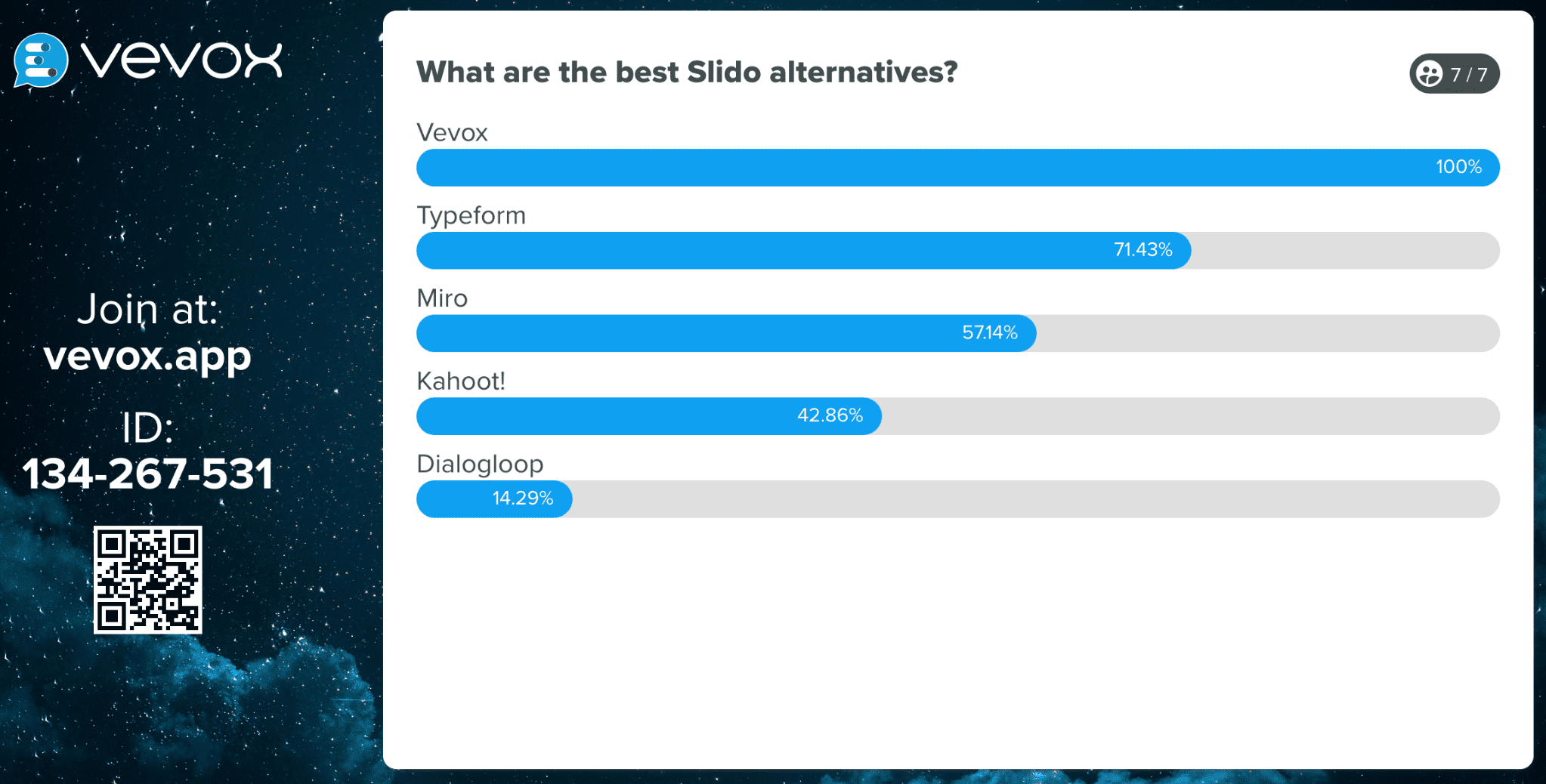Higher education is presently undergoing a far-reaching transformation, enabled by the deploy-ment of disruptive technology. In the working world, technology has already radically enhanced the ability to connect with colleagues, customers, and clients across the globe at the press of a but-ton or the tap of an application downloaded to a smart phone.
Moreover, companies increasingly leverage technology to enhance employee mentoring programmes. Colleges and Universities, on the other hand, have traditionally tended to treat this opportunity to forge new human connec-tions as an afterthought in their EdTech strategies; instead, their technology investments have fo-cused on delivering traditional instruction and assessment more efficiently and effectively or on tracking voluminous data in reliable ways.
This is changing fast. A growing body of influential educationalists believe that the future of Higher Education lies in enhancing the experience of the student and the ROI they individually derive from a chosen course. For instance, Harvard Professor and Edtech savant Clayton Christensen who himself coined the now ubiquitous phrase “disruptive innovation” back in 1997, believes that in future educational institutions must be student centric. Because students are denoted by differing levels of aptitude, attentiveness and engagement, they do not all learn the same way.
To serve all students effectively, Professor Christensen contends, learning should be both personalised and customised. A fundamental means of achieving this aim is the deployment of student-centred technology which puts individual students—rather than instructors, courses, or compliance-driven data collection—at the centre of learning.
The Learning Technologists who assess, vet, filter, recommend and proselytise the new and emerging technologies that can create this student-centric world are now at the core of the life of each College or University.
What does a Learning technologist do? Here I draw on the work of Santanu Vasant of the UCL Institute of Education, an Institution which has itself done much to formulate best practice for the deployment of technology in the lecture theatre.
A Learning Technologist:
- Provides support to those involved in the actual teaching.
- Actively keeps abreast of developments in learning technologies.
- Facilitates access to expertise, services and resources relating to technology supported learning.
- Acts as consultant, mentor or change agent for other staff within their institution. (These staff may be academic, administrative or working in some other capacity.)
- Advises and assists with the introduction of technology-supported learning, through workshops, teaching on courses for new lecturers, one-off consultations or (in most cases) through collaborative project work that can be framed as 'action learning'. Such advice typically focuses on educational or organisational implications, but may also include technical issues.
- Undertakes a range of networking activities, such as liaising with other units within the institution that have related interests and objectives, increasing colleagues' awareness of existing practice, enable exchange of ideas and experience in technology-supported learning and teaching.
- Contributes to the development of strategy and policy, for example by providing expert advice, by writing or commenting upon draft documentation, through the identification of needs and opportunities for the development/deployment of learning technologies.
- Draws upon and contributes to the development of understanding and practice in the field of learning technology through engagement with discussions (formal and informal), conferences, workshops, research and other events at a national or international level.
- Explores the problems and complexities of practice to provide appropriate guidance and advice. (Learning Technology involves analysis and grounded enquiry rather than the application of a standardised body of procedures and facts, although this work would be expected to draw upon educational theories and research.)
To quote, Santanu Vasant of UCL directly “Used in a strategic way, Learning Technologists will help everyone and make the institutions that do this more efficient in the long run.”
We at Vevox in education accordingly view the Learning Technologist as the primary contact in an institution and we work with them to bring this student-centric teaching environment, denoted by real and productive engagement, to life. Vevox provides best-in-class easy-to-use engagement technology for the smart phone generation.The technology can’t get in the way of the learning; but learning is enhanced by engagement technologies and above all student participation.





